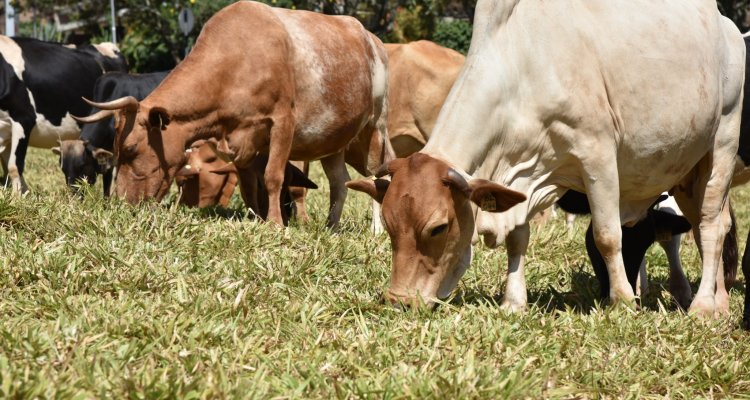
Project
Explorations of science-policy interfaces for climate change and livestock systems in Eastern Africa (PhD project - Laura Cramer)
Climate change is going to have large effects on the production of livestock in eastern Africa. The impacts will come not just from the biophysical effects of climate change but also in the form of policies that will be formulated in reaction to global processes requiring national adaptation and mitigation interventions. There are multiple ways to frame livestock keeping in eastern Africa, leading to high levels of ambiguity. As researchers generate scientific evidence and policy makers seek to revise or generate policies, the role of science-policy interfaces is crucial in navigating the use of knowledge in policy formulation.
Laura Cramer’s research will examine how scientific evidence is employed by knowledge-brokers and used to inform policies related to livestock and climate change in Kenya, Uganda and Ethiopia. There is a growing emphasis on the use of science to inform policy, but the complexities of policy making processes are not always acknowledged. This research will look at the role science-policy interfaces play in facilitating scientists, knowledge brokers and policy makers to address ambiguity and to discuss knowledge and its potential use in developing policies. Using ethnographic methods while embedded in an ongoing action research program of the International Livestock Research Institute, Laura will collect data on the framing used to address ambiguity and the discussions involved to bring together issues, solutions and political will to spur policy change within the livestock sector in eastern Africa.